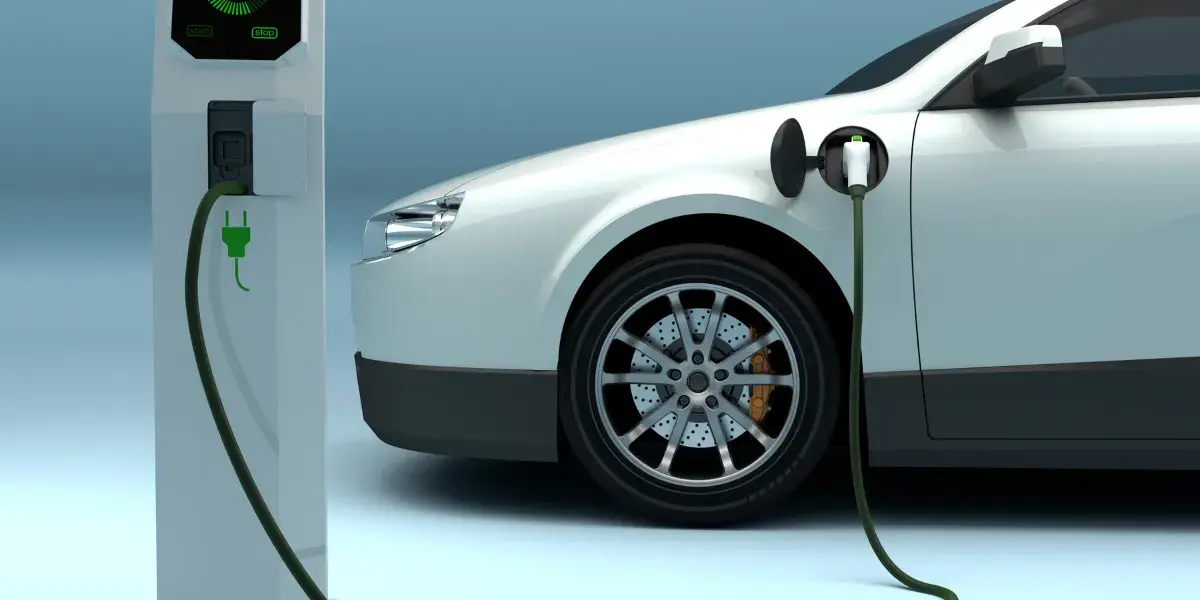Autonomous driving is one of the megatrends shaping the automotive industry, driven by Software-Defined Vehicle (SDV) architectures. While shipments of fully self-driving cars will remain small throughout the rest of the decade, semi-autonomous (Level 2, Level 3) features are already becoming common in the smart mobility market. From active safety features many automakers are already familiar with to automated highway cruise control, autonomous driving technology is maturing. However, more advanced applications still need development time before being safe for mass deployment. This article will evaluate the primary applications, benefits, and enabling technologies dictating the future direction of autonomous driving.
James Hodgson
Recent Posts
Autonomous Driving's Future Hinges Upon Innovative Applications and Reliable Technologies
Feb 8, 2024 12:00:00 AM / by James Hodgson posted in Smart Mobility & Automotive
Interior, Camera-Based Driver Monitoring Systems (DMSs) for Automotive Safety
Oct 26, 2023 12:00:00 AM / by James Hodgson posted in Smart Mobility & Automotive
All too often, vehicular accidents result from a distracted driver, claiming 3,522 lives in the United States in 2021. Whether the driver is looking down to text, experiencing extreme levels of fatigue after a long day at work, or exhibiting some other unsafe behavior, these sometimes tragic cases could be avoidable if the driver were concentrating more closely. Over the last 10 years or so, the automotive industry has focused on integrating active safety systems that detect hazardous situations outside the vehicle. However, this concept has extended to detecting hazardous situations from within the vehicle through camera-based Driver Monitoring Systems (DMSs). As will be explained later in this post, these technologies will also include broader Occupant Monitoring System (OMS) applications, so that automakers can provide a transformative driving experience for all passengers.
6 Things OEM Leaders and Suppliers Need To Know about Battery Management Systems for Electric Vehicles
Sep 27, 2023 12:00:00 AM / by James Hodgson posted in Electric Vehicles
Battery Management Systems (BMSs) are gaining a prominent role in the world of Electric Vehicle (EV) manufacturing. Looking to cut costs, adhere to government regulations, improve driver safety, and enhance the EV experience, Original Equipment Manufacturers (OEMs) and suppliers can monitor and manage the EV battery pack with an intelligent, cloud-based BMS. The benefits of this technology implementation should not be glossed over.
Can the Power Grid Handle More Electric Vehicles?
Mar 17, 2023 12:00:00 AM / by James Hodgson posted in Electric Vehicles
Can the power grid handle the growing uptake in Electric Vehicle (EV) adoption? This is a common question about EVs with enormous real-world implications. On one hand, increased adoption of EVs is integral to meeting a country’s zero-emissions targets, but on the other, it further strains the grid and risks a blackout due to surging EV battery charging needs.
Top 5 Autonomous Vehicle Companies We Recently Studied
Mar 9, 2023 12:00:00 AM / by James Hodgson posted in Smart Mobility & Automotive
After years of prototyping and concept exploration, autonomous vehicle applications are closer to being ready for the real world on a global scale. While car manufacturers have historically juggled multiple partners simultaneously, this approach has proven unfeasible for the shift to deploying self-driving cars. As you will read in this blog post, the top autonomous vehicle companies are consolidating their driverless applications to create value in an ever-growing market.
Here’s What the Automotive Industry Forecast Looks Like In 2023
Feb 9, 2023 12:00:00 AM / by James Hodgson posted in Electric Vehicles, Smart Mobility & Automotive
Update: ABI Research's 2024 automotive industry outlook can be read here.
How Vehicle-to-Grid (V2G) Charging Works for Electric Vehicles
Oct 24, 2022 12:00:00 AM / by James Hodgson posted in Electric Vehicles, Smart Mobility & Automotive
If every consumer vehicle on the planet were electric last year, the total energy consumption worldwide would have been 13% higher than the previous year. As Electric Vehicles (EVs) drastically increase energy drawn from the electric grid and contradict sustainability efforts, the importance of Vehicle-to-Grid (V2G) charging solutions cannot be understated. Because it's still a relatively new technology, this resource will explain how V2G works.
Micromobility Industry Analysis: Prevailing Business Models, Fleet Management, Safety Solutions, Regulation, and Vehicle Demand Forecasts
Sep 1, 2022 12:00:00 AM / by James Hodgson posted in Smart Mobility & Automotive
In 2019, the micromobility industry (shared scooters, bicycles, and mopeds) saw a healthy spike, but with the COVID-19 pandemic, adoption was negatively affected. However, forecasts are optimistic yet again, with some markets experiencing a 240% increase in ridership. Due to higher gas prices, many people are seeking new means of transportation. Moreover, last-mile delivery, which often makes use of scooters and bicycles, is an ever-growing industry. By 2027, ABI Research expects the shared micromobility vehicle installed base to reach nearly 45 million and to be an almost US$9 billion market opportunity.
How Android Automotive OS Is Changing Connected Vehicle Services
Jul 14, 2022 12:00:00 AM / by James Hodgson posted in Smart Mobility & Automotive
If there was only one place to learn about the future of connected vehicle services, it would be at the Consumer Electronics Show (CES). During CES 2022, Android Automotive announced new exciting connected vehicle features like Advanced Driver Assistance Systems (ADAS) activation, YouTube integration with Android Automotive Operating System (AAOS), and the availability of third-party navigation and charging apps.







